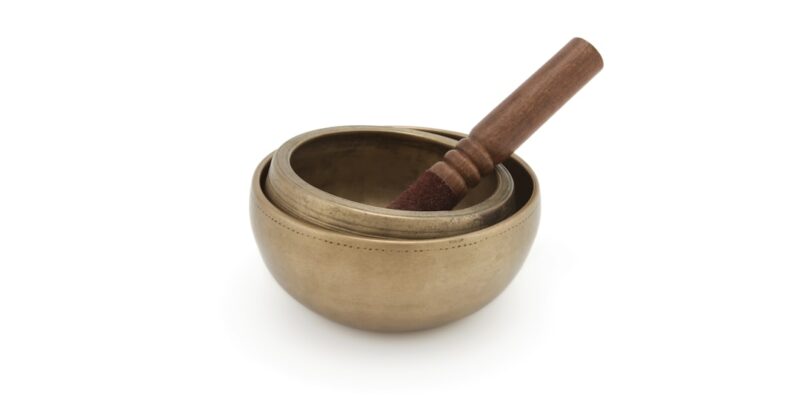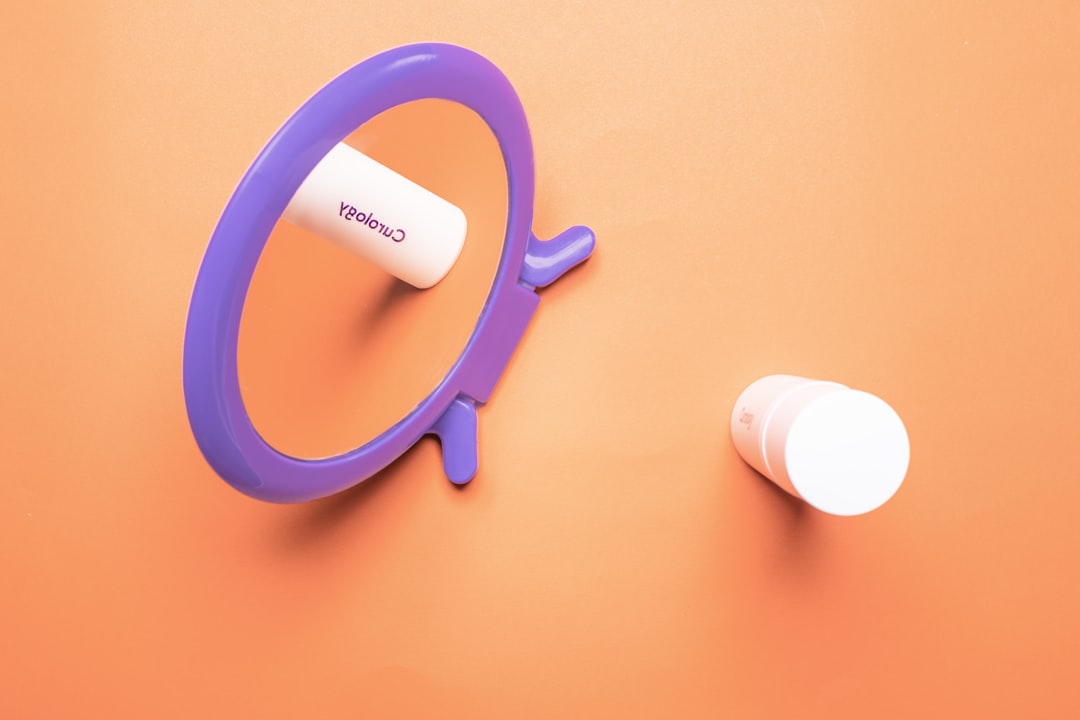
Revitalize Your Gut: Top Healing Supplements
Gut health is a topic that has gained significant attention in recent years, and for good reason. The gut, also known as the gastrointestinal tract, plays a crucial role in our overall health and well-being. It is responsible for the digestion and absorption of nutrients, as well as the elimination of waste from our bodies.
The gut is also home to trillions of bacteria, both beneficial and harmful. When the balance of these bacteria is disrupted, it can lead to a variety of health issues, including digestive disorders, autoimmune diseases, mental health disorders, and even obesity. Therefore, maintaining a healthy gut is essential for optimal health.
Key Takeaways
- Gut health is important for overall health and well-being.
- Probiotics can help improve gut health by promoting the growth of beneficial bacteria.
- Prebiotics can also aid in gut healing by providing food for beneficial bacteria.
- Digestive enzymes are crucial for proper digestion and absorption of nutrients.
- Omega-3 fatty acids, vitamin D, zinc, glutamine, turmeric, bone broth, and collagen all have gut-healing properties.
The Role of Probiotics in Gut Health
Probiotics are live bacteria and yeasts that are beneficial to our health, especially our digestive system. They can be found in certain foods and supplements. Probiotics work by restoring the natural balance of bacteria in the gut, which can be disrupted by factors such as poor diet, stress, antibiotics, and illness.
When consumed, probiotics help to populate the gut with beneficial bacteria, which can improve digestion, boost the immune system, reduce inflammation, and support overall gut health. Some examples of probiotic-rich foods include yogurt, kefir, sauerkraut, kimchi, and kombucha.
How Prebiotics Can Help Heal Your Gut
Prebiotics are a type of fiber that cannot be digested by the human body. Instead, they serve as food for the beneficial bacteria in our gut. By nourishing these bacteria, prebiotics help them thrive and multiply.
Consuming prebiotic-rich foods can support gut health by promoting the growth of beneficial bacteria and inhibiting the growth of harmful bacteria. Some examples of prebiotic-rich foods include onions, garlic, leeks, asparagus, bananas, and oats.
The Importance of Digestive Enzymes for Gut Health
| Enzyme | Function | Food Sources |
|---|---|---|
| Amylase | Breaks down carbohydrates into simple sugars | Whole grains, fruits, vegetables |
| Protease | Breaks down proteins into amino acids | Meat, fish, eggs, beans, nuts |
| Lipase | Breaks down fats into fatty acids and glycerol | Avocado, nuts, seeds, olive oil |
| Cellulase | Breaks down cellulose in plant cell walls | Raw fruits and vegetables, whole grains |
| Lactase | Breaks down lactose in dairy products | Milk, cheese, yogurt |
Digestive enzymes are proteins that help break down the food we eat into smaller molecules that can be absorbed by the body. They are produced by various organs in the digestive system, including the stomach, pancreas, and small intestine.
Having sufficient digestive enzymes is crucial for proper digestion and nutrient absorption. When the body does not produce enough digestive enzymes, it can lead to symptoms such as bloating, gas, indigestion, and nutrient deficiencies.
Consuming foods that are rich in digestive enzymes can support gut health by aiding in the digestion and absorption of nutrients. Some examples of digestive enzyme-rich foods include pineapple, papaya, mango, avocado, and fermented foods such as miso and tempeh.
Gut-Healing Benefits of Omega-3 Fatty Acids
Omega-3 fatty acids are a type of polyunsaturated fat that is essential for our health. They play a crucial role in reducing inflammation, supporting brain health, and promoting heart health.
In terms of gut health, omega-3 fatty acids have been shown to reduce inflammation in the gut and improve the integrity of the intestinal lining. This can help prevent conditions such as leaky gut syndrome and inflammatory bowel disease.
Some examples of omega-3 fatty acid-rich foods include fatty fish such as salmon and sardines, flaxseeds, chia seeds, walnuts, and algae-based supplements.
The Power of Vitamin D for Gut Health
Vitamin D is a fat-soluble vitamin that is essential for bone health, immune function, and overall well-being. It is also important for gut health.
Vitamin D plays a role in maintaining the integrity of the intestinal lining and regulating immune responses in the gut. Deficiency in vitamin D has been linked to an increased risk of inflammatory bowel disease and other gut-related disorders.
Some examples of vitamin D-rich foods include fatty fish, fortified dairy products, egg yolks, and mushrooms. However, it can be challenging to obtain sufficient vitamin D from food alone, so supplementation may be necessary, especially for those who live in areas with limited sunlight.
Zinc: A Key Nutrient for Gut Healing
Zinc is an essential mineral that is involved in numerous bodily functions, including immune function, wound healing, and DNA synthesis. It is also important for gut health.
Zinc plays a role in maintaining the integrity of the intestinal lining and supporting the immune system in the gut. Deficiency in zinc has been associated with increased intestinal permeability and impaired immune function in the gut.
Some examples of zinc-rich foods include oysters, beef, poultry, pumpkin seeds, and legumes.
How Glutamine Can Help Repair Your Gut Lining
Glutamine is an amino acid that is abundant in the body and plays a crucial role in various bodily functions. It is particularly important for gut health.
Glutamine is a fuel source for the cells lining the intestines and helps maintain the integrity of the intestinal lining. It also supports immune function in the gut and aids in tissue repair.
Some examples of glutamine-rich foods include beef, chicken, fish, dairy products, and tofu.
The Healing Properties of Turmeric for Your Gut
Turmeric is a spice that has been used for centuries in traditional medicine for its healing properties. It contains a compound called curcumin, which has powerful anti-inflammatory and antioxidant effects.
In terms of gut health, turmeric has been shown to reduce inflammation in the gut and improve symptoms of digestive disorders such as irritable bowel syndrome and ulcerative colitis. It may also help protect against colon cancer.
Turmeric can be consumed in various forms, including fresh or dried powder. It can be added to curries, soups, smoothies, or taken as a supplement.
Gut-Healing Benefits of Bone Broth and Collagen
Bone broth is a nutrient-rich liquid that is made by simmering bones and connective tissues of animals. It is rich in collagen, gelatin, amino acids, and minerals.
Collagen is the most abundant protein in the body and plays a crucial role in maintaining the integrity of the gut lining. Consuming collagen-rich foods or supplements can support gut health by promoting the repair and regeneration of the intestinal lining.
Bone broth can be consumed on its own or used as a base for soups, stews, and sauces. Collagen supplements are also available in powder or capsule form.
In conclusion, gut health is essential for overall health and well-being. The gut plays a crucial role in digestion, nutrient absorption, and immune function. When the balance of bacteria in the gut is disrupted, it can lead to various health issues.
There are several ways to support gut health, including incorporating probiotics, prebiotics, digestive enzymes, omega-3 fatty acids, vitamin D, zinc, glutamine, turmeric, bone broth, and collagen into your diet. These foods and supplements can help restore the balance of bacteria in the gut, reduce inflammation, support immune function, and promote the repair and regeneration of the intestinal lining.
By prioritizing gut health and incorporating these gut-healing foods into your daily diet, you can improve your overall health and well-being. Remember to consult with a healthcare professional before making any significant changes to your diet or starting any new supplements.
FAQs
What are gut healing supplements?
Gut healing supplements are dietary supplements that are designed to support and promote the health of the digestive system. These supplements contain various nutrients, herbs, and other natural ingredients that can help to soothe inflammation, repair damage, and improve the overall function of the gut.
What are the benefits of gut healing supplements?
Gut healing supplements can provide a range of benefits for people with digestive issues. These benefits may include reduced inflammation, improved nutrient absorption, better digestion, and a stronger immune system. Some people may also experience relief from symptoms such as bloating, gas, and constipation.
What are some common ingredients in gut healing supplements?
Some common ingredients in gut healing supplements include probiotics, digestive enzymes, glutamine, slippery elm, aloe vera, and turmeric. These ingredients are believed to have anti-inflammatory, antioxidant, and healing properties that can support gut health.
Are gut healing supplements safe?
Most gut healing supplements are considered safe when taken as directed. However, it is important to talk to your healthcare provider before starting any new supplement regimen, especially if you have a medical condition or are taking medication. Some supplements may interact with certain medications or have side effects.
How long does it take to see results from gut healing supplements?
The amount of time it takes to see results from gut healing supplements can vary depending on the individual and the specific supplement being used. Some people may notice improvements in their digestive symptoms within a few days or weeks, while others may need to take supplements for several months before seeing significant changes.
Can gut healing supplements be used as a substitute for medical treatment?
No, gut healing supplements should not be used as a substitute for medical treatment. While these supplements can be helpful for supporting gut health, they are not a replacement for medical care. If you have a medical condition or are experiencing severe digestive symptoms, it is important to seek the advice of a healthcare provider.


















